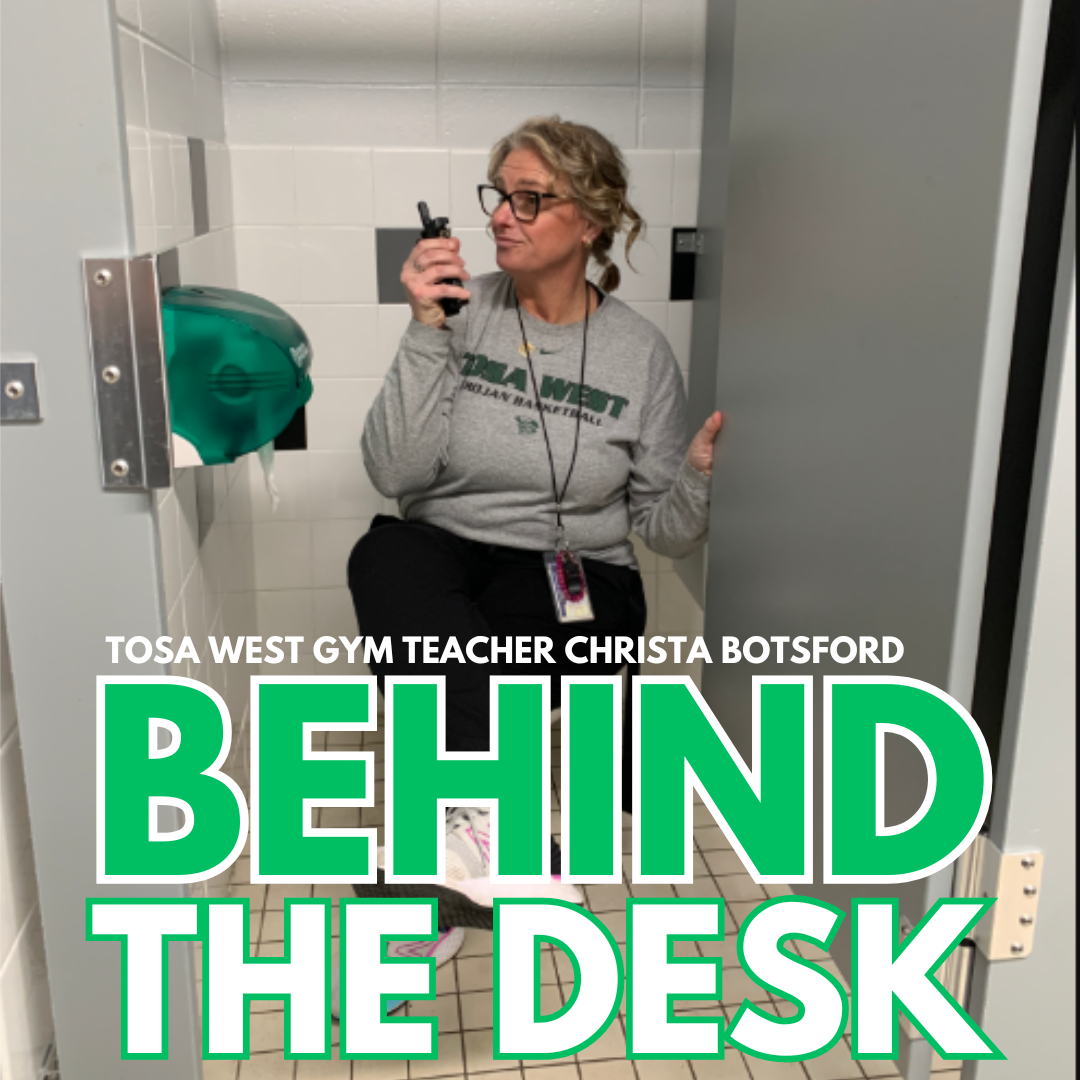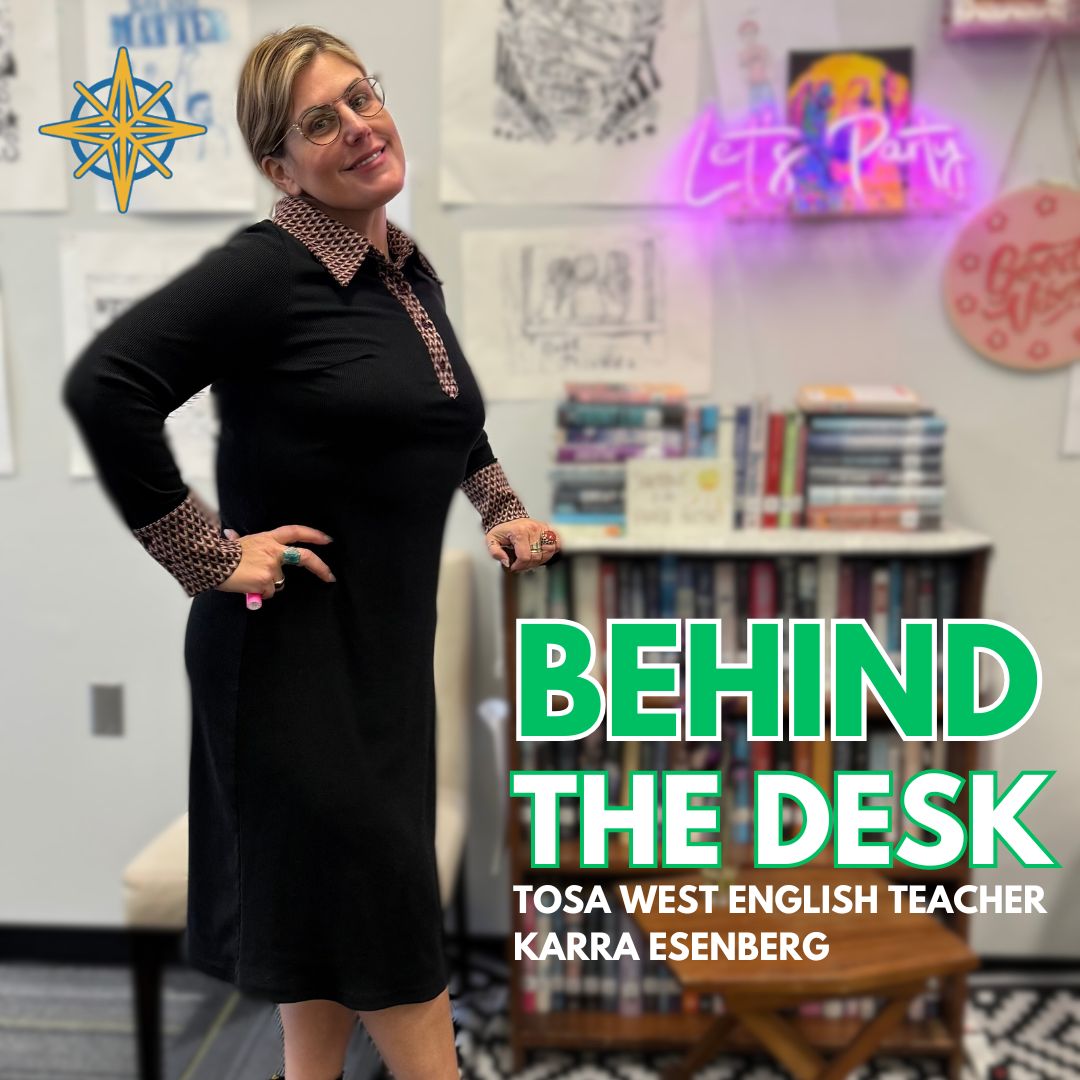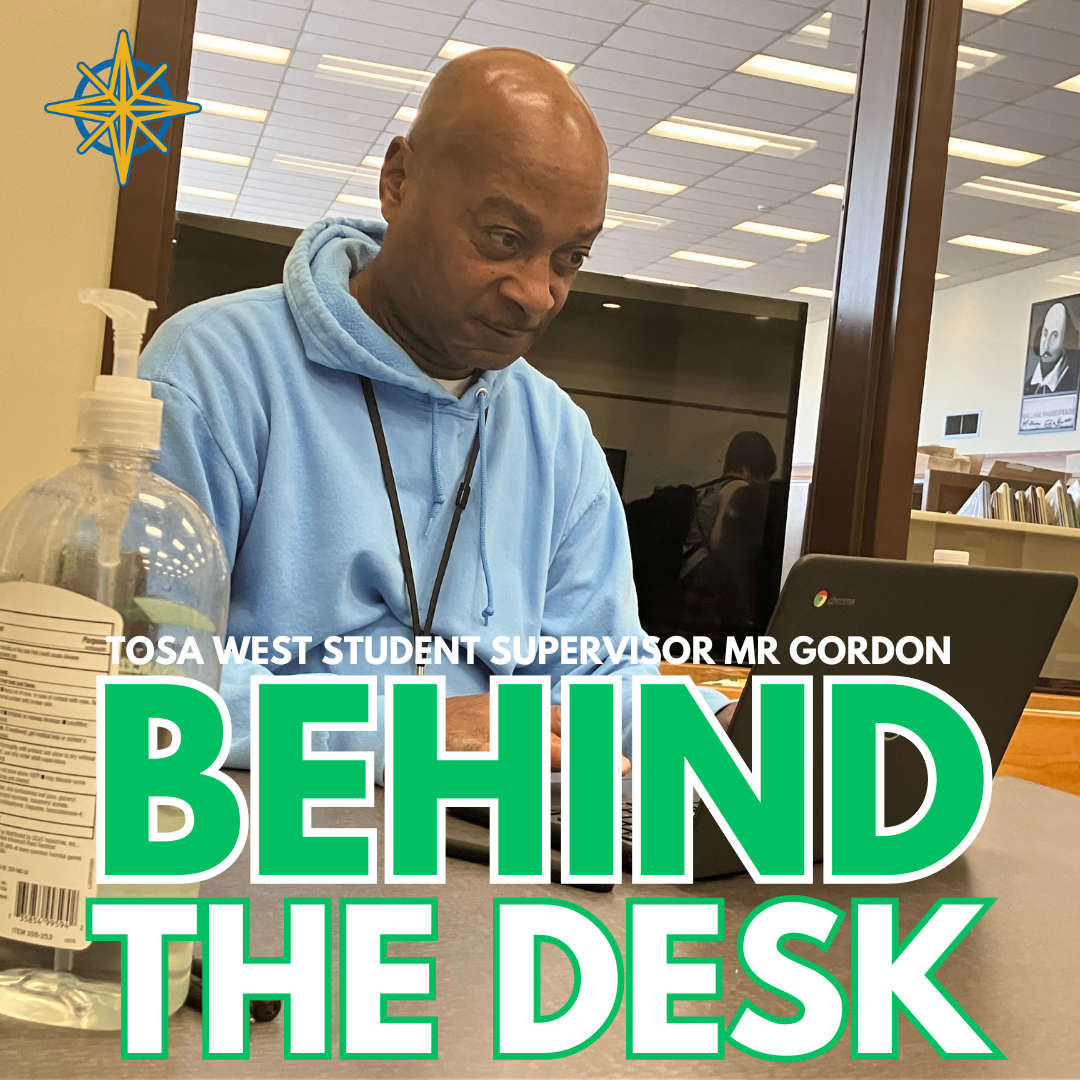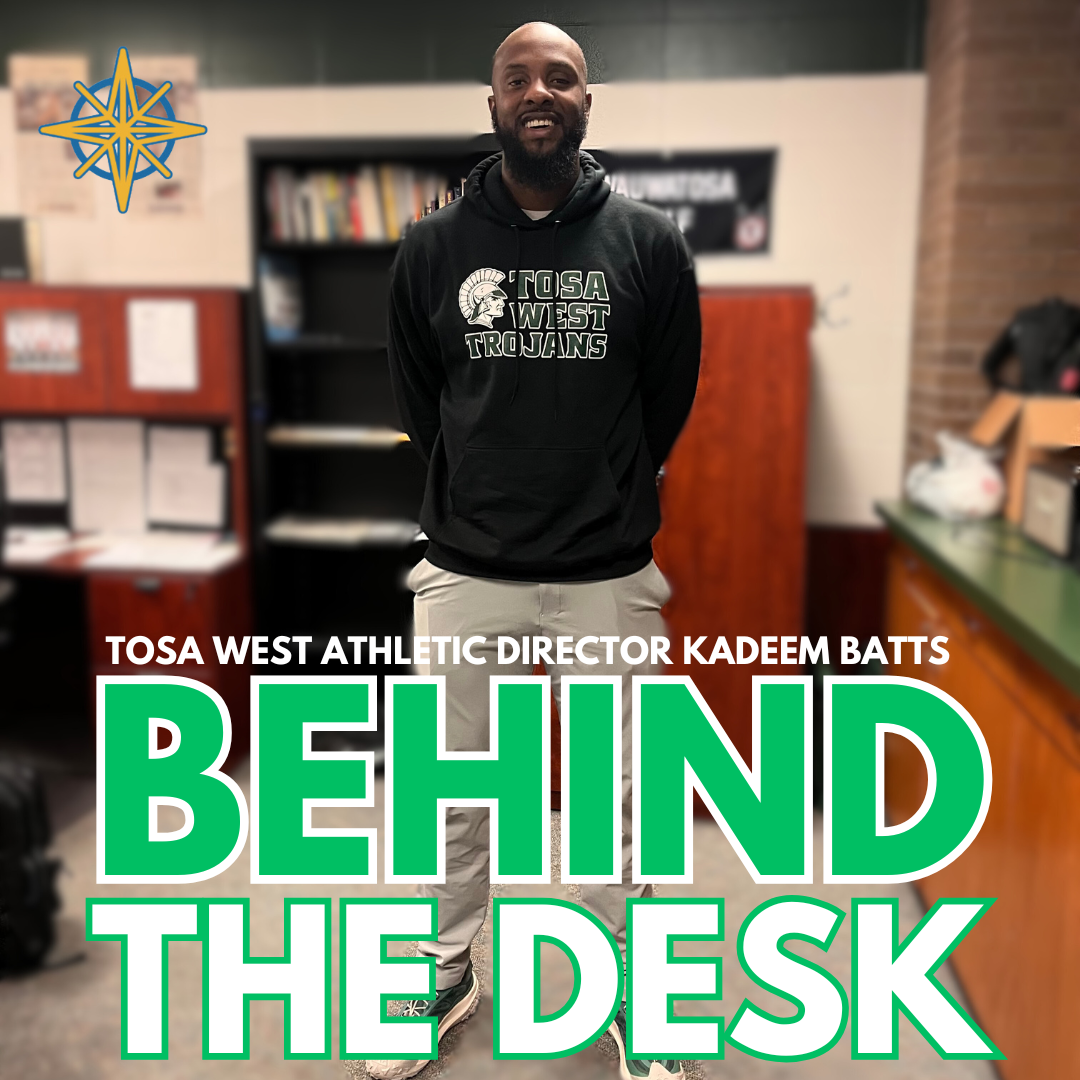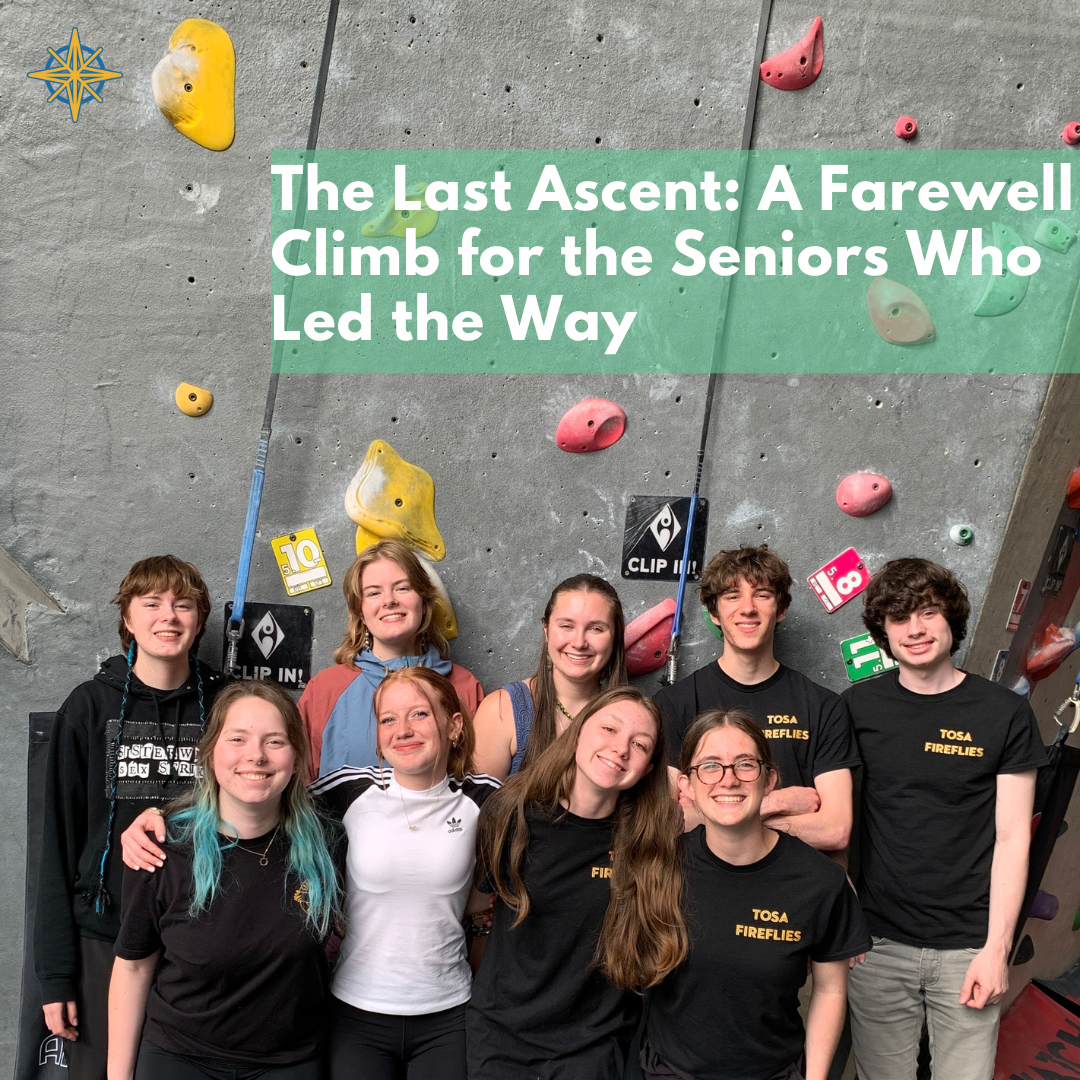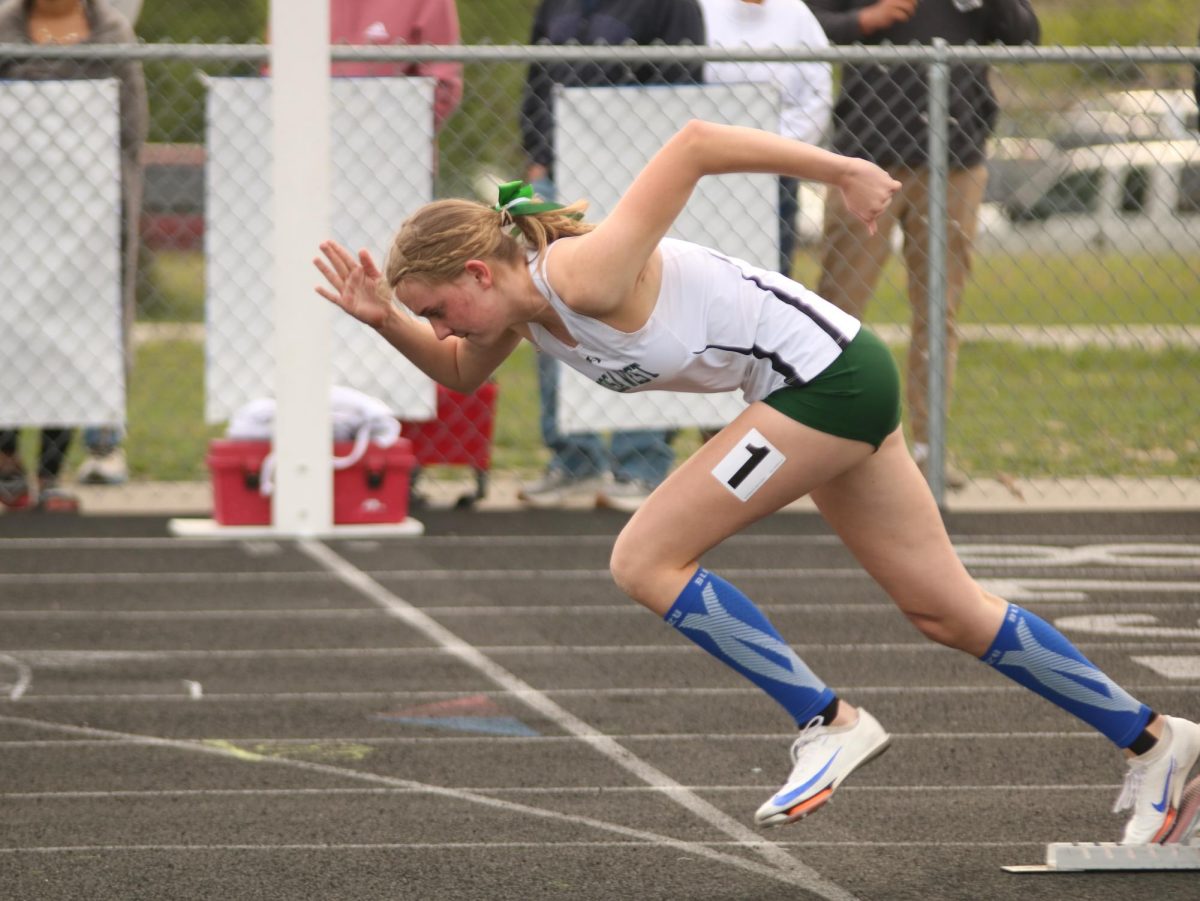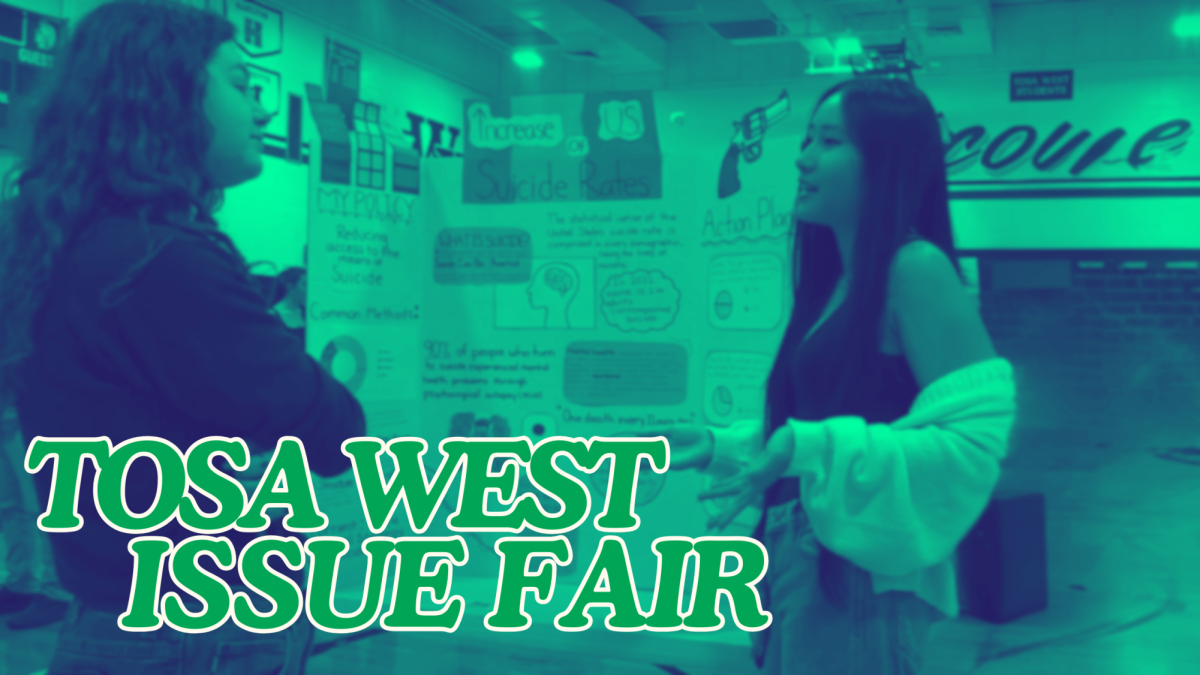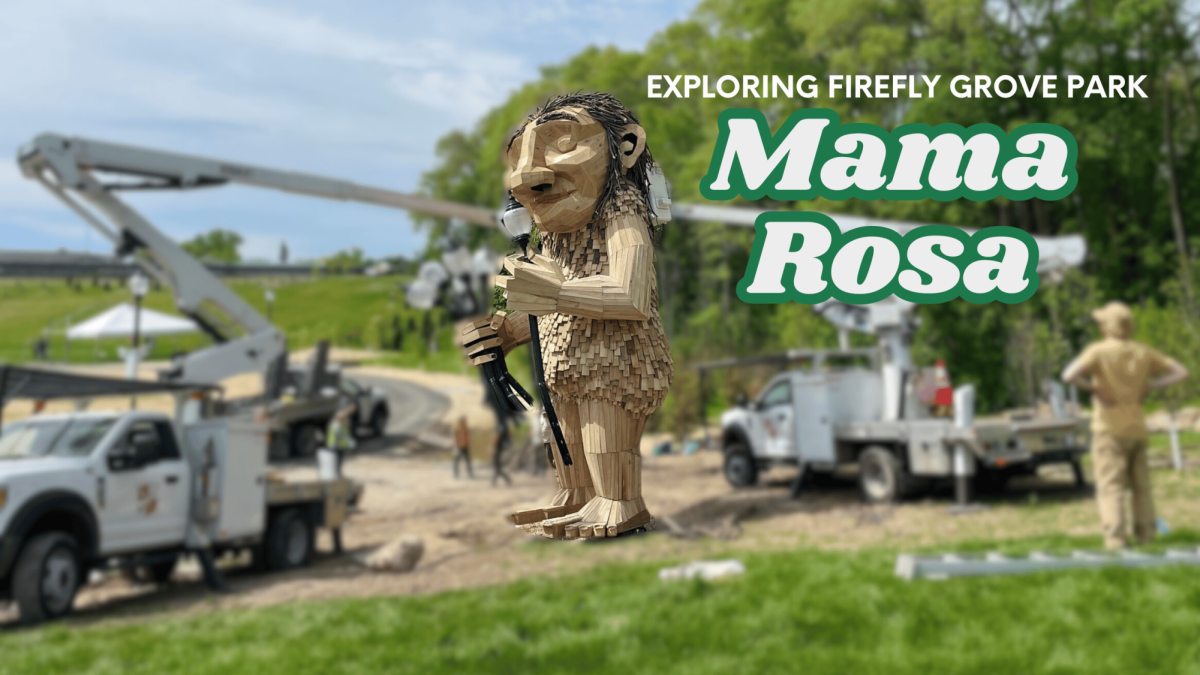What got you into the trades?
I took a long and winding route. When I was in college, I worked summers with this group called the Appalachian Service Project. They provide free home repair for low income people in the Central Appalachian mountains. It was just a really fun summer job. After I graduated from college, I wound up getting a full time job with them. I was more into program and project management, but it involved construction. So, I’ve never actually worked as a construction worker, I’ve always been one of the managers. I got into it just because it was fun. It was a fun summer job, and life has kinda just led me along this path.
What was the first school you taught at and what classes did you teach?
Waukesha West; I did one year there. I taught three sections of automotive, two sections of woods. I’m not a good automotive teacher.
What does your average day look like?
I gotta get up at 5:45 in the morning and walk my dog. I have a family. My wife is an assistant principal at Greenfield High School; she has to leave early. I’m responsible for my two kids. I get my kids up, give them breakfast, brush their hair, get them out the door by 7am. I have my before school program here where I’m working. I work here till around 3:15, then I go home and hang out with my kids until seven. Then, I either go work out or I do schoolwork.
What is your favorite memory at Tosa East?
Working with the students is great. We have an Industry Signing Day every May, which is a big deal. I’m really honored to be able to be part of students’ lives in that way. That’s always really fun. One memory that is kind of unique, that stands out, when they were finishing up the construction of the shop, I got a call saying there was an open job here, and I was interested in it. I live in the neighborhood, so I came down and someone gave me Nick Hughes’ phone number. So I called Nick. I’m like, “Hey Nick, I’m here to look at the new job.” He goes, “Well, can we set up a time?” I’m like, “No, I’m outside right now.” So he left a meeting, and then he and I walked around the shop while the contractors were still working on it. He showed me what it was, and I distinctly remember telling him exactly how I was going to build the program and exactly the steps it would take. And he looked at me, like I was a little bit crazy. And then two years later, I reminded him of that conversation. He’s like, you’re exactly right. So that’s awesome. It’s kind of fun.
About the Industry Signing Day, it started with 1 student, and then 11 and then 22. How has the success of the Industry Signing Day motivated you?
Oh, man, you’ve done your homework. One reason I took this job is because I live in the neighborhood, and it was at a time when the George Floyd protests were happening. The Black Lives Matter marches were happening, it’s just chaos. And I felt very strongly that in order for me to be part of the solution, I need to work in the community where I live. I need to be a part of this community. That is how change will be affected in this community. If I’m actually involved, and so this is the way I could become involved. You know, the Industry Signing Day is the pinnacle of what can happen in high school. And if we had a thriving program, and I had strong numbers, but I always knew this community would blow up, and it has. So, yeah, I’m proud of those numbers. I know that I’ve done everything I can to affect positive change in this community. I think that the changes are like the conversations I have in class, conversations I probably even shouldn’t have with kids. I do feel like I’m part of a broader change.
I saw you work with a lot of businesses in the area too. What local businesses do you work with?
It depends on the trade: the Masonry Company for carpentry, Wellenstein and Sons. They’re a big subcontractor, union subcontractor. And then I work with a bunch of general contractors as well, like CG, Schmidt, Mortensen, JP Cullen. I also work with Common Links construction or Hetzel San Filippo. They’re metal stud contractors for flooring. I work with Lippert Tile and Hetzel Stone and Tile for plumbing. Milestone Plumbing is my favorite plumber. They’re the best for electricity. I work with Staff Electric. They’re a big supporter of the program, and also Hertz Electric, and Piper Power from time to time.
There was a class that was going to be canceled and you just had to raise money by yourself to keep the classroom from being taken away. Why did you do that?
I should clarify what was going to be canceled in the launch program. They were going to prevent Ms Folta and I from co-teaching. So right now, we are in the room at the same time, and we’re able to co develop assignments. We’re able to do math out in the shop using the tools, using the materials, and it’s really great. The school district is having some budget issues and was going to take that ability away from us. That was objectionable in my mind. And so I turned to the people who support us and I let them know what was going on. I allowed them to get mad about it, feel the feelings, and then we had a conversation where maybe they could help out. Then they were able to approach the school district, and it’s a lot of money, but I think we’re going to make it happen.
What drives your passion of working and teaching the next generation and helping them find their passions?
I think it’s wild that as a society we ask 18 year olds what are you going to be for the rest of your life? That’s wild. Whereas six months ago, you were more concerned about when you were going to skip school next. Now we’re expecting you to be an adult and make a decision on how you’re going to spend education money. I think it’s wild that we do that. So, I like being a part of that discernment process with students. I think it’s important that students hear that it’s okay to not have a clue. You know, I went to college because people told me to go to college. I wound up graduating with an Economics degree. And then I started working in that home repair organization. My life has been very windy, and I think it’s okay for that. I want students to know that it’s okay. I am motivated by making sure that when they leave here they at least have a good first step. I think that’s really important because if you get a good first step, you’ll likely get a good second step and go from there.
What’s your favorite part of the wood shop?
I love the cycle that the shop goes through over the course of a year. We start and end the year with that floor being wide open. In the middle of the year we are building and we’re using that open floor space to teach Geometry and 3-4-5 triangles and how to lay things out on a blueprint. Then we build up from there. We’ll build 10-12 feet in the air. And by April, I’m going to be having kids hanging from the ceiling girders in harnesses while we do roofing. Then May comes around, and all that goes away. And what the students are able to walk away with is skills, and that’s the important thing. I like that life cycle that goes on through the shop, and then the process of setting it back to nothing and waiting for the next class is really special to me.



